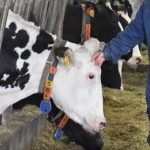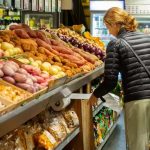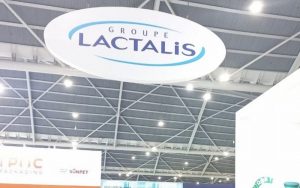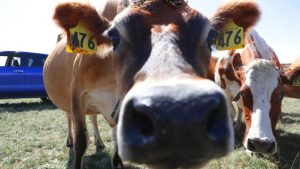
Ikea’s cafés and restaurants serve about 650 million customers each year. It is set to open its first New Zealand outlet at the end of next year.
An NZX update mentioned an Ikea announcement that it was to remove dairy from its foodservice business by 2030, and the decision has been reported in other media.
But an Ikea spokesperson would only confirm it was planning to offer 50% plant-based food options by 2025.
“This means that by 2025, you can see more non-dairy alternatives in the restaurant, bistro and the Swedish food market…we at Ikea see a trend towards responsible consumption, which is expressed through increased demand for repair options and greater customer interest in our second-hand department.
“A similar trend in climate-conscious consumption is seen in the food business, where consumers are looking to consume more plant-based foods.
“It can be seen in the increased sales share of the plant ball and veggie ball in Ikea restaurants and Swedish Food Market.”
The retailer would continue to explore the use of dairy-free ingredients in an effort to reduce the climate impact of its food, but this did not mean dairy products would be completely removed from menus, the spokesperson said.
PR leader for Ikea in Australia Emma Losco said the business sourced all milk, fresh fruit and vegetable and meat products used in Ikea Australia’s food offering from local farmers and growers.
She could not comment on Ikea New Zealand but said, “we still have many things to work through before we enter the New Zealand market”.
“There are no plans to remove the iconic Ikea meatballs, which are much-loved by customers, from our menu,” Losco said.
Executive director at Dairy Companies Association of New Zealand Kimberly Crewther said customers would ultimately decide on the extent to which plant-based alternatives took hold more generally.
“But we are confident that there will continue to be strong demand for natural, pasture-fed, dairy,” Crewther said.
“One thing that is often overlooked is the high nutritional value dairy, when comparing it to non-dairy alternatives,” she said.
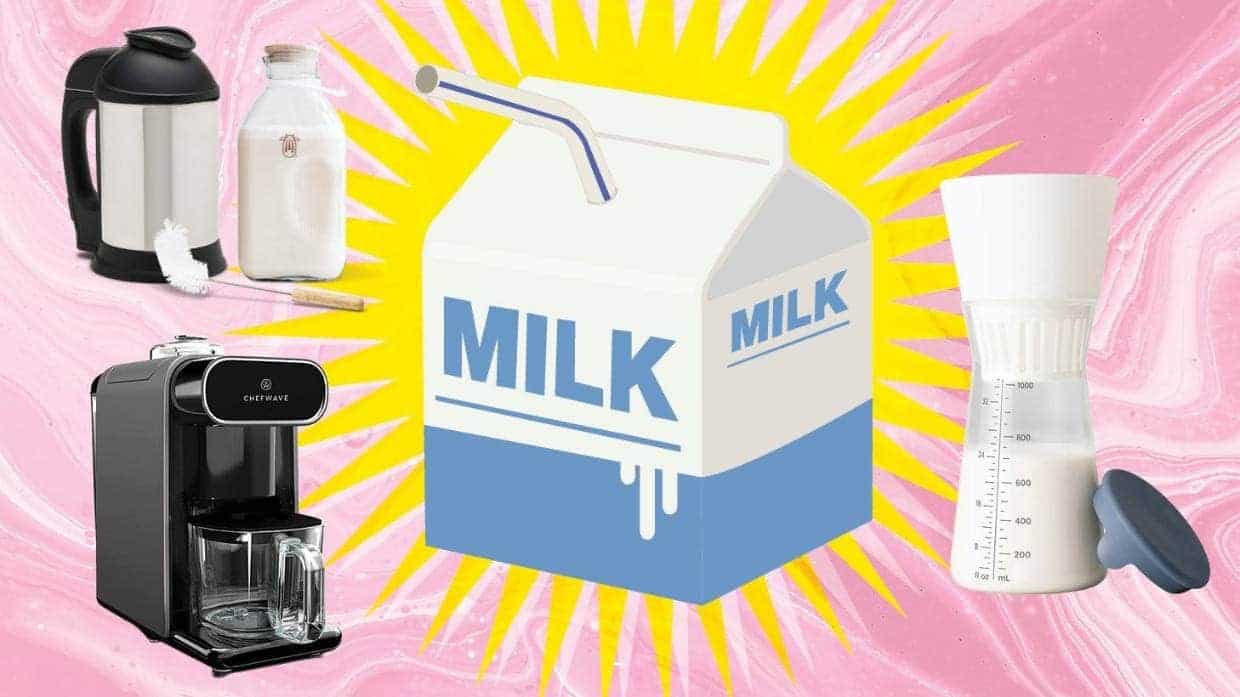
There have been reports that Ikea plans to go completely dairy-free.
One way Ikea could support its global customers to reduce their emission footprint was by using low-emissions New Zealand-produced dairy, Crewther said.
“In some geographies, like Europe, this will require removal of the trade barriers that will keep the market largely closed to New Zealand dairy even after the FTA enters into force,” she said.
But with trade liberalisation being a well-recognised part of the solution to more sustainable food systems, it would be great to see more companies joining us in advocating for it, she said.

